Choosing the Right CRM for Your Business

Is Your Business Leaving Money on the Table? The Power of CRM Systems in Today’s Competitive Landscape
CRM for Your Business.
In today’s hyper-connected world, building strong relationships with your customers isn’t just beneficial – it’s the cornerstone of success. But are you truly maximizing your potential? Did you know that companies using CRM Systems experience an average revenue increase of 29%? This remarkable statistic highlights the transformative power of effective Customer Relationship Management. At its core, a CRM Systems acts as your central hub for all customer interactions, from initial contact to post-sale support. This blog post dives deep into the world of CRM Systems, exploring key concepts, market trends, smart strategies, practical applications, and essential considerations for businesses of all sizes. You’ll discover how leveraging the right CRM can unlock significant growth and enhance customer loyalty.
Key Concepts & Trends
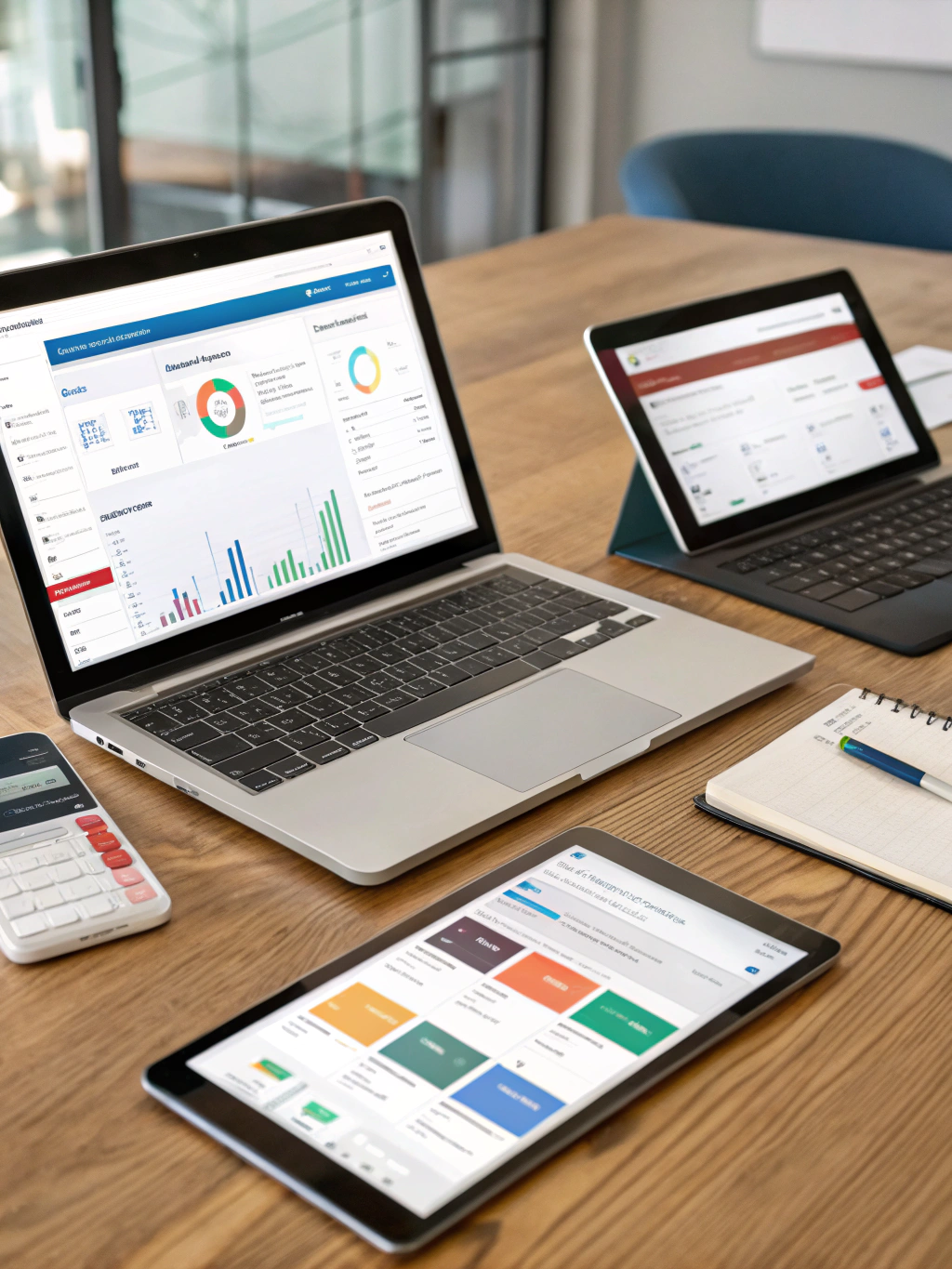
The evolution of Customer Relationship Management is rapid, driven by advancements in technology like artificial intelligence (AI) and machine learning (ML). No longer just a database for contact information, modern CRM Systems are intelligent platforms offering predictive analytics, personalized marketing automation, and seamless integration with other business tools. Consider this analogy: a traditional filing cabinet is like a basic contact list. A modern CRM Systems is like a highly organized, proactive assistant who anticipates your customer needs and streamlines your workflows.
Some of the hottest trends include:
- AI-Powered Personalization: AI algorithms analyze customer data to deliver tailored recommendations, content, and offers, boosting engagement and conversion rates.
- Omnichannel CRM: Ensuring a consistent customer experience across all touchpoints – website, email, social media, phone – is crucial. Omnichannel CRM Systems facilitate this seamless transition.
- Hyper-Automation: Automating repetitive tasks like data entry and follow-ups frees up valuable time for sales and customer service teams to focus on more strategic initiatives.
- Data-Driven Insights: Real-time analytics and reporting capabilities empower businesses to make informed decisions based on customer behavior and trends.
- Integration Ecosystem: The ability to seamlessly integrate with marketing automation platforms, e-commerce systems, and other business applications is becoming a non-negotiable requirement.
Data & Market Insights
The global CRM Systems market is projected to reach $98.34 billion by 2028, growing at a CAGR of 12.7% from 2021 to 2028 (Source: Grand View Research). This robust growth is fueled by the increasing need for businesses to enhance customer experiences and improve operational efficiency.
[Insert an infographic here showcasing the projected market growth of CRM Systems].
Salesforce, a leading player in the Customer Relationship Management space (Customer Relationship Management), continues to dominate the market, but competition is fierce, with established players like Microsoft Dynamics 365, SAP, and Zoho offering compelling alternatives. A recent study by Nucleus Research found that companies implementing a CRM Systems experience a 25% increase in sales productivity and a 30% improvement in customer satisfaction. These statistics underscore the tangible return on investment (ROI) associated with adopting a robust CRM Systems.
Smarter Strategies & Alternatives
Selecting the right CRM Systems isn’t a one-size-fits-all approach. Consider your business size, industry, and specific needs. For small businesses, cloud-based CRM Systems like HubSpot CRM (which offers a powerful free version) or Pipedrive are excellent starting points. Larger enterprises often require the scalability and customization options offered by Salesforce or Microsoft Dynamics 365.
Beyond the major players, explore niche CRM Systems tailored to specific industries, such as real estate (e.g., Follow Up Boss), non-profits (e.g., Salesforce Nonprofit Cloud), or healthcare (e.g., Epic).
Consider incorporating AI-powered tools like Drift for conversational marketing or Gong for sales call analytics to further optimize your CRM Systems implementation. Remember to prioritize integration with your existing tech stack to avoid data silos and ensure a unified view of your customer.
Use Cases & Applications
The versatility of CRM Systems is evident in their diverse applications.
- Sales teams utilize CRM to manage leads, track opportunities, and forecast sales.
- Marketing teams leverage CRM for targeted email campaigns, lead scoring, and marketing automation.
- Customer service teams use CRM to resolve customer inquiries efficiently, track support tickets, and proactively address potential issues.
- E-commerce businesses integrate CRM with their platforms to personalize the shopping experience, track customer purchases, and build loyalty programs.
A compelling example is how a SaaS startup used a CRM Systems to identify at-risk customers based on usage patterns, proactively reaching out with targeted support and ultimately reducing churn by 15%.
Common Mistakes to Avoid
Implementing a CRM Systems isn’t without its challenges. Common pitfalls include:
- Poor Data Quality: Garbage in, garbage out. Inaccurate or incomplete data renders the CRM Systems ineffective. Implement data validation rules and regularly cleanse your data.
- Lack of User Adoption: If your team doesn’t embrace the CRM Systems, it won’t deliver the expected results. Provide comprehensive training and demonstrate the value proposition.
- Over-Customization: While customization is important, excessive customization can lead to complexity and hinder future upgrades. Start with the core functionality and add customizations as needed.
- Ignoring Integration: Failing to integrate the CRM Systems with other business tools creates data silos and limits its effectiveness. Ensure seamless integration with your marketing automation, accounting, and e-commerce platforms.
Maintenance, Security & Long-Term Planning
Maintaining the health and security of your CRM Systems is paramount. Regularly back up your data, implement strong password policies, and stay updated with the latest security patches. Comply with relevant data privacy regulations (e.g., GDPR, CCPA).
Plan for scalability as your business grows. Choose a CRM Systems that can accommodate your evolving needs and integrate with new technologies.
Summary & Key Takeaways
CRM Systems are no longer a luxury – they’re a necessity for businesses striving for sustainable growth and customer loyalty. By leveraging the right CRM Systems and implementing best practices, you can unlock valuable insights, streamline your workflows, and build stronger customer relationships. Don’t let valuable opportunities slip through the cracks – embrace the power of CRM Systems today!
FAQs
Is it too late to invest in CRM Systems? Absolutely not! The demand for CRM Systems is only growing. It’s a strategic investment that yields long-term benefits.
How can small businesses use AI with CRM? Small businesses can leverage AI for lead scoring, automated email sequences, and personalized recommendations within their CRM Systems, even with budget constraints.
What tech stacks scale best with a CRM? Cloud-based solutions with strong API integrations (like those offered by Salesforce, Microsoft Dynamics 365, or HubSpot) generally scale best.
Ready to take your customer relationships to the next level? Share your experiences with CRM in the comments below! Click here to explore the best CRM systems for your needs: CRM Systems.
Share this content:


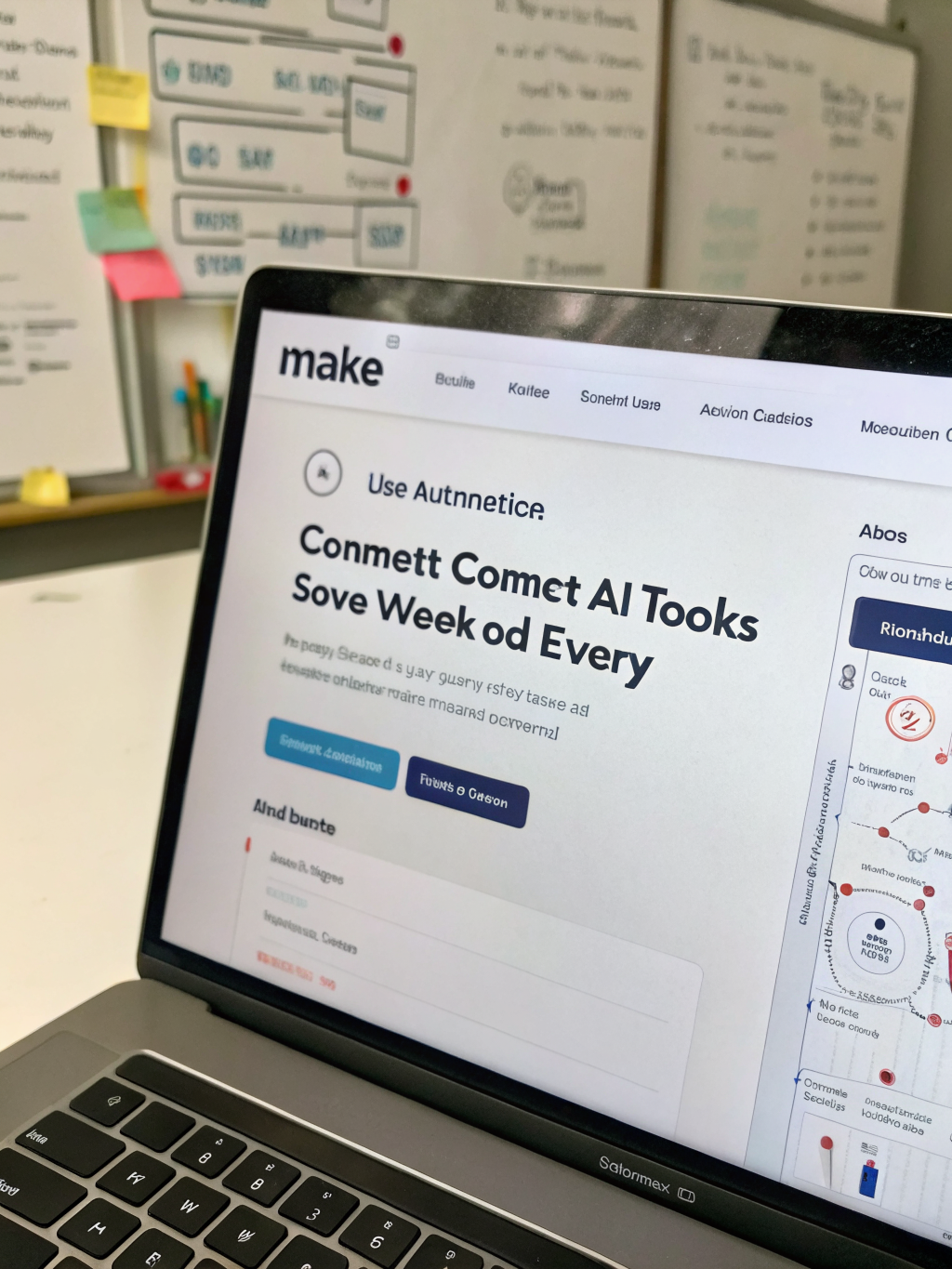
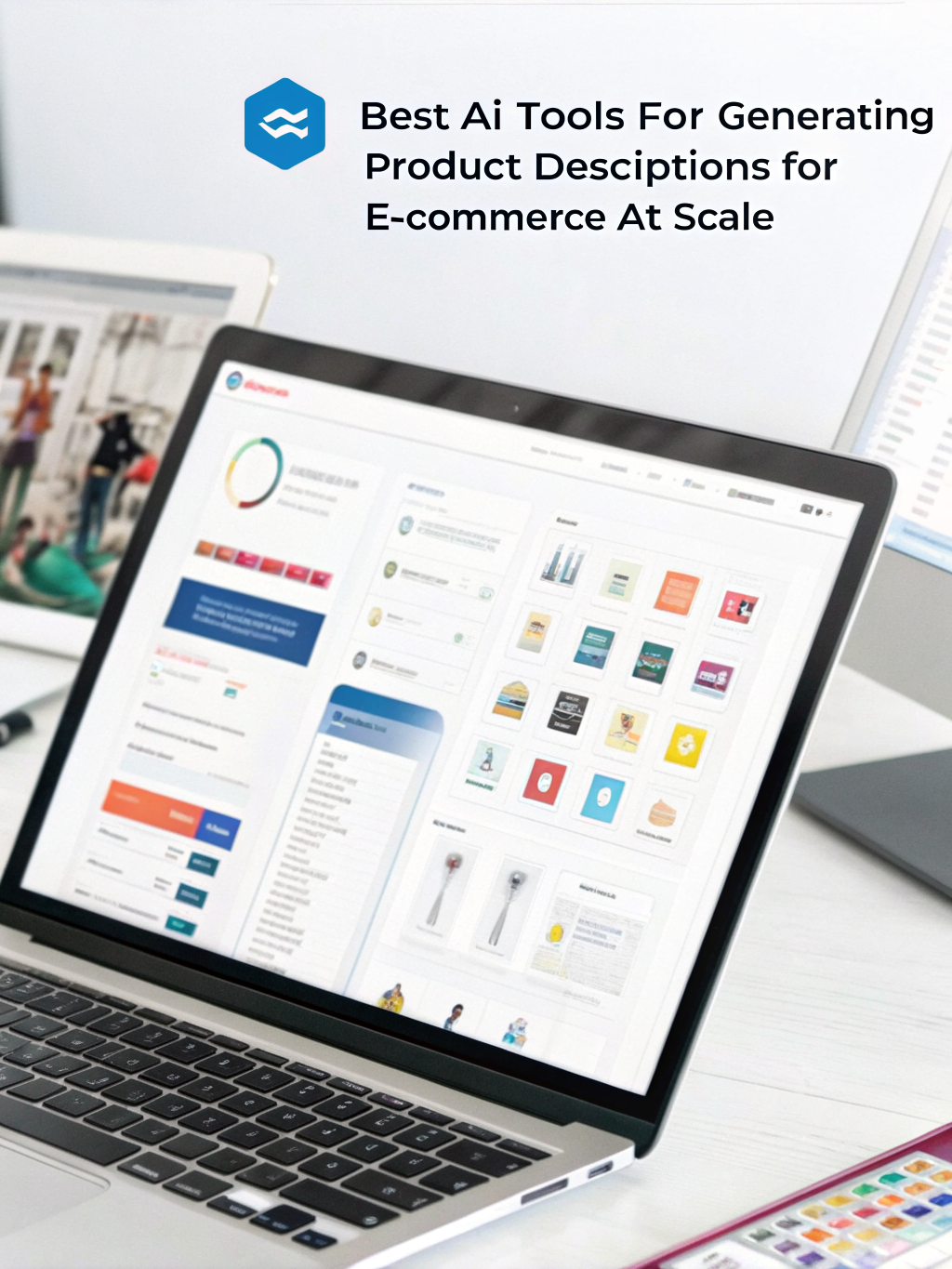

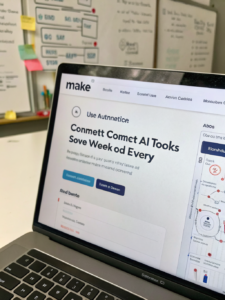
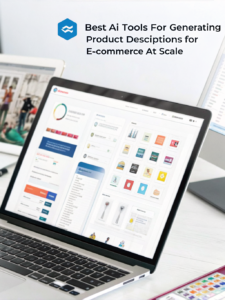
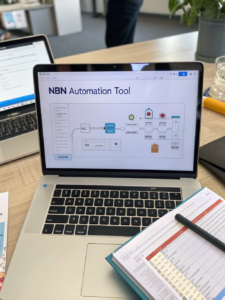
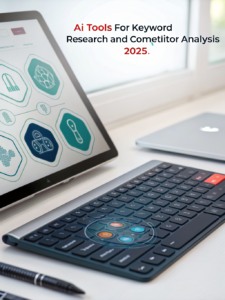

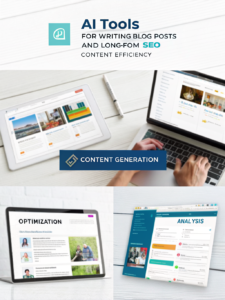


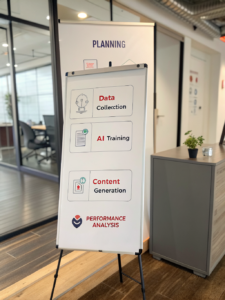
Post Comment